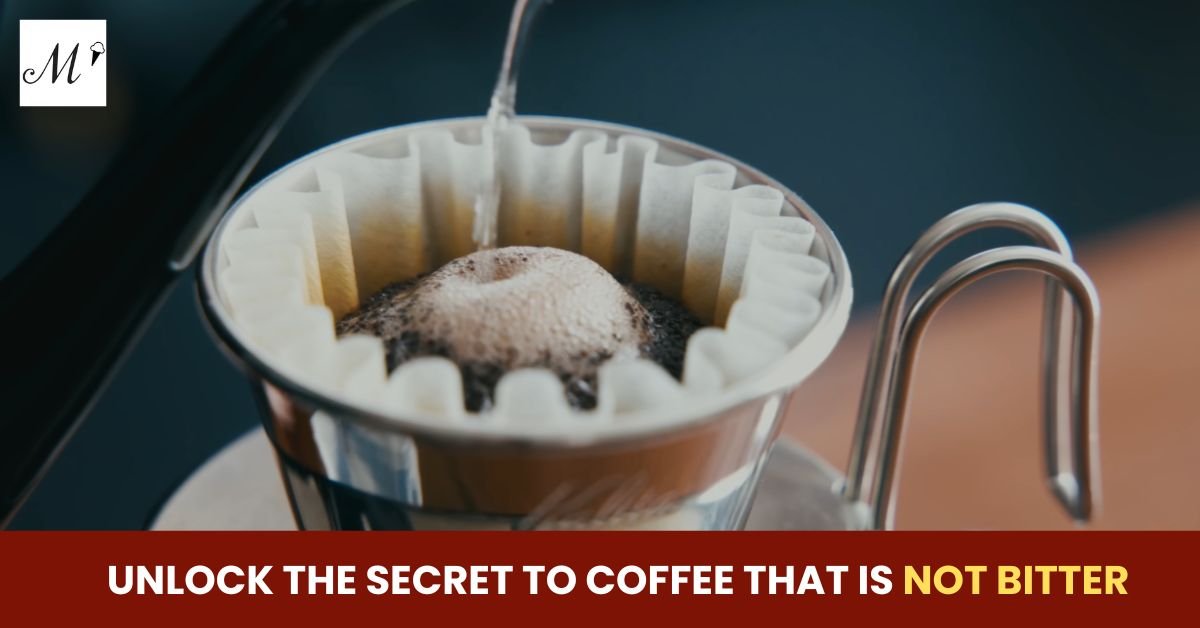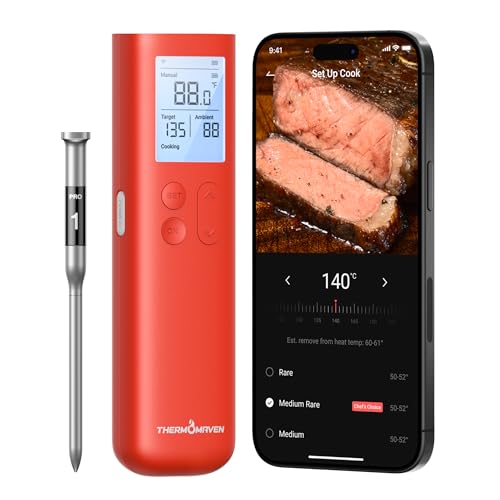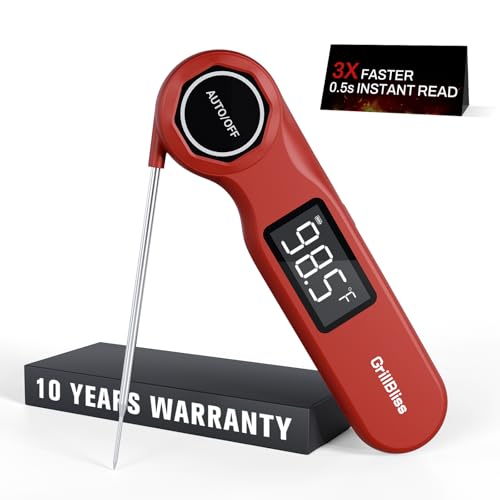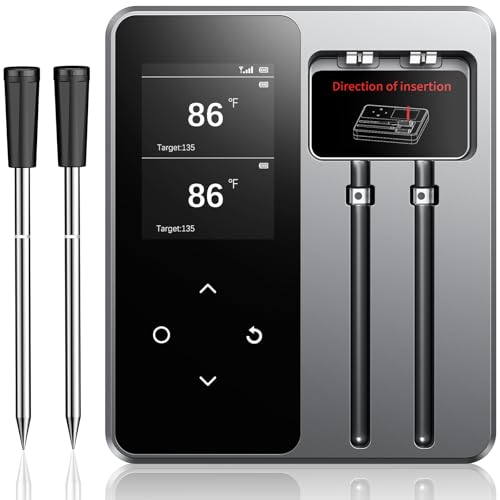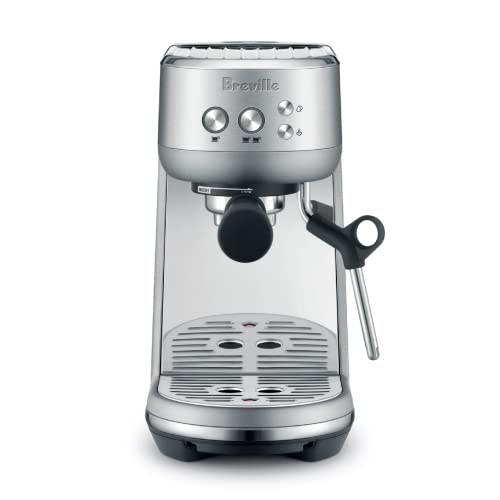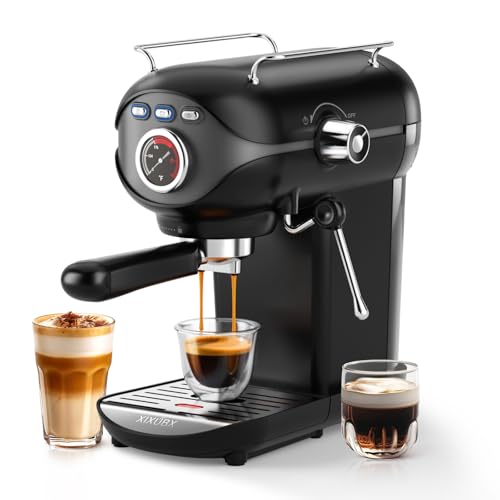Slow Cooker Recipes: Easy Meals, Less Effort!
Family-friendly dishes for busy people — quick prep, delicious results.
Grab yours for $4We’ve all been there, standing in front of our beloved coffee maker, eagerly anticipating that first, invigorating sip, only to be met with a taste that’s more akin to chewing on a handful of burnt matches than enjoying a warm embrace from our favorite mug. It’s a common misconception that coffee has to be bitter to be good, but we’re here to shatter that myth. Imagine a world where every cup of coffee is as smooth as silk, with not a hint of bitterness to mar its rich, inviting flavor. Sounds like a dream, doesn’t it?
Well, buckle up, because we’re about to dive into the surprisingly accessible realm of non-bitter coffee. Whether you’re a seasoned coffee aficionado or someone who’s always wanted to love coffee but couldn’t get past the bitterness, this post is for you. Let’s explore together how to turn that dream into your morning reality.
Key Takeaways
- Choose Arabica beans over Robusta for a smoother, less bitter taste, thanks to their naturally sweeter and more delicate flavor profile.
- Opt for light to medium roasts to minimize bitterness, as they preserve the bean’s natural flavors without over-caramelizing sugars.
- Pay attention to water quality and temperature; use filtered water heated to between 195°F to 205°F to avoid extracting bitter compounds.
- Experiment with brewing methods like French press, pour-over, or cold brew which allow for more control over extraction times and can result in a less bitter cup.
- Adjust your grind size and coffee-to-water ratio to avoid over- or under-extraction, both of which can lead to bitterness.
- Consider adding special ingredients like a pinch of salt or a dash of cinnamon, or using milk, creamer, or natural sweeteners to cut the bitterness and enhance the overall flavor.
Understanding Bitterness in Coffee
Diving deeper past the common myths, we find that not all coffee has to leave a bitter taste in your mouth. With the right knowledge, we can all enjoy a cup of coffee that is not bitter, embracing its true, rich flavors.
The Role of Coffee Beans and Their Origin
First up, let’s talk about the coffee beans themselves. The origin of coffee beans plays a crucial role in determining their flavor profile. Beans from different regions offer a variety of flavors, from fruity and floral to nutty and chocolaty. Arabica beans, for example, tend to have a sweeter, more delicate flavor and are less bitter than Robusta beans, which are known for their stronger, more bitter taste. Selecting the right beans is the first step towards a smoother cup of coffee.
Roasting Levels and Their Impact on Taste
Moving on, the roasting process significantly influences the bitterness of your coffee. Lighter roasts tend to retain more of the bean’s original characteristics and often have a more acidic taste, while darker roasts develop a stronger, sometimes bitter flavor as the sugars in the beans caramelize. If you’re aiming for coffee that is not bitter, medium to light roasts might be your best bet. These roasts can highlight the beans’ natural sweetness and reduce bitterness.
Grinding and Brewing Techniques
Lastly, let’s not overlook grinding and brewing. The size of your coffee grounds and your brewing method can either enhance or diminish bitterness. A finer grind can lead to over-extraction, pulling out too many bitter compounds. On the flip side, a coarser grind might under-extract, leading to a weak, sour cup. Methods like French press, pour-over, or cold brew allow more control over extraction and can help minimize bitterness. Opting for these methods and adjusting your grind size can make all the difference in achieving a cup of coffee that is not bitter.
Selecting Beans for Less Bitter Coffee
Choosing the right coffee beans is a crucial step toward enjoying a cup of coffee that is not bitter. With a keen eye on bean type, origin, and roast level, you’re well on your way to a smoother, more enjoyable coffee experience.
Arabica vs. Robusta: A Taste Comparison
When it comes to coffee that is not bitter, the type of bean plays a significant role. Arabica beans, known for their smooth and complex flavor profiles, are our top recommendation. They tend to have a sweeter, more delicate taste, with hints of fruit and sugar, and lack the harshness often found in their Robusta counterparts. Robusta beans, on the other hand, can pack a punch with their strong, robust flavor and higher caffeine content, but this often comes with a more bitter aftertaste. So, for those aiming to steer clear of bitterness, Arabica is the way to go.
Single-Origin Beans Vs. Blends
Diving deeper into our quest for coffee that is not bitter, let’s talk about single-origin beans versus blends. Single-origin beans come from one location or farm, offering a unique flavor that reflects its specific growing conditions. These beans tend to provide a clearer, more transparent flavor profile, which can help in avoiding unwanted bitterness. Blends, while excellent for balancing flavors and creating complex profiles, can sometimes introduce bitterness if they include beans that are inherently bitter or not well-matched. If you’re experimenting to reduce bitterness, starting with single-origin beans might offer a clearer path to a sweeter cup.
Light Roasts: A Surprising Ally Against Bitterness
Lastly, don’t overlook the importance of the roast level. Light roasts can be a surprising ally in our journey towards coffee that is not bitter. Contrary to popular belief, lighter roasts preserve many of the bean’s original flavors, including its natural sweetness. They undergo less roasting time, which means less chance for the sugars in the coffee to caramelize excessively and turn bitter. Additionally, light roasts can highlight the bean’s unique characteristics and subtle flavors that might be overshadowed by a darker roast. So, for a less bitter coffee experience, give light roasts a chance.
By focusing on Arabica beans, considering single-origin options, and exploring lighter roasts, you’re well-equipped to enjoy a cup of coffee that delights the senses without the bite of bitterness.
The Right Water Makes a Difference
Choosing the right water is as crucial as selecting the perfect beans when aiming for a cup of coffee that is not bitter. Let’s dive into why this is true and how you can ensure the water you use enhances your coffee experience instead of detracting from it.
The Importance of Using Filtered Water
Using filtered water can significantly improve the taste of your coffee, steering it away from bitterness. Tap water often contains minerals and impurities that can introduce unwanted flavors into your brew. By opting for filtered water, you eliminate these elements, allowing the natural and subtle flavors of your carefully chosen beans to shine through. Think of it this way: just as you wouldn’t want impurities in your water glass, you don’t want them affecting the taste of your coffee. Filtered water ensures that the flavors you detect are the ones intended by the coffee’s origin, processing, and roasting, not byproducts of your local water supply.
The Optimal Water Temperature for Brewing
Believe it or not, the temperature of the water can greatly affect whether your coffee turns out bitter or not. The ideal range for brewing most coffee is between 195°F to 205°F. Anything below this range might under-extract the coffee, leading to a flat, almost tea-like flavor, while water that’s too hot can cause over-extraction, pulling out the kinds of compounds that contribute to bitterness. Using a thermometer might seem like a step reserved for coffee aficionados, but it’s actually a simple technique anyone can use to drastically improve their brew. Remember, achieving the perfect balance requires precision, and paying attention to water temperature is a key detail that can transform your coffee from just okay to exceptional.
Brewing Methods to Reduce Bitterness
After discussing the critical role of bean selection, roasting, and water quality, we must not overlook the significance of brewing methods to ensure our coffee is not bitter. Choosing the right technique can make all the difference.
French Press Techniques
Using a French Press offers us a unique opportunity to control the brewing time and temperature, thus reducing bitterness. We’ve found that a coarser grind works best, as it minimizes over-extraction, a common culprit behind bitterness. To hit that sweet spot, we aim for a brewing time of about four minutes. Also, remember to immediately serve or decant the coffee after pressing to prevent it from sitting in the grounds and getting bitter.
The Pourover Method
The Pourover method is another fantastic way to achieve coffee that is not bitter. This method allows us to evenly distribute water over the coffee grounds, ensuring a balanced extraction. It’s crucial to pour hot water—ideally between 195°F and 205°F—slowly in a circular motion, starting from the outer rim to the center. This meticulous process prevents the over-extraction of bitter compounds. Moreover, using a paper filter can trap some of the oils and fines that contribute to bitterness, delivering a smoother cup.
Cold Brew: A Naturally Sweeter Choice
If you’re aiming for the least bitter coffee experience, cold brew is your go-to. This method involves steeping coffee grounds in cold water for an extended period, usually 12 to 24 hours. Because the coffee never comes in contact with hot water, the extraction process is slow and gentle, significantly reducing the bitterness. What you end up with is a naturally sweeter, smoother coffee that is incredibly flavorful. Even better, cold brew is versatile, serving as a delicious base for both cold and hot coffee drinks.
Adjusting Your Brewing Technique
We’ve all experienced that dreaded bitter coffee taste at one point or another. Luckily, tweaking your brewing technique can bring you closer to that smooth, delicious cup of coffee that’s not bitter. Here’s how.
The Coffee-to-Water Ratio
Getting the coffee-to-water ratio right is crucial. Too much coffee and not enough water lead to over-extraction, resulting in a bitter cup. Conversely, too much water and not enough coffee can cause under-extraction, making your coffee weak and lacking flavor. The golden ratio? We recommend starting with 1 to 2 tablespoons of coffee per 6 ounces of water and adjusting according to taste. This balance ensures your coffee is rich, flavorful, and importantly, not bitter.
Brewing Time and Its Effects on Taste
Brewing time also plays a significant role in avoiding bitterness. The longer you brew, the more compounds are extracted — some of which are bitter. A perfect brew time varies by method, but a standard drip coffee should brew for about 5 minutes. For French press, 4 minutes is ideal. Experimenting with brewing times can help you fine-tune the taste. Remember, the key is to avoid over-extracting those bitter flavors.
The Fineness of the Grind
The grind size of your coffee beans dramatically affects your coffee’s flavor. A fine grind can lead to over-extraction and bitter taste, especially if you’re brewing quickly. On the other hand, a coarse grind works better for slower methods like the French press or cold brew, aligning extraction time with the coarseness level to avoid bitterness. The idea is to match your grind size with your brewing method — finer for fast brews like espresso and coarser for slower ones, ensuring your coffee is smooth and not bitter.
Special Ingredients to Sweeten Your Cup
After exploring how the right bean selection, roasting methods, and brewing techniques can significantly reduce bitterness in coffee, it’s time to look at special ingredients you can add to sweeten your cup further. Adding these ingredients can transform your coffee into a rich and satisfying experience, ensuring every sip is free from unwanted bitterness.
Adding a Dash of Salt
Did you know that a tiny pinch of salt can work wonders in smoothing out the bitterness of your coffee? It’s true! Just a dash can enhance the inherent flavors of your coffee, making it taste smoother and less bitter. Salt counteracts the bitterness by directly interacting with our taste buds, changing how we perceive flavors. For those skeptical about this method, we encourage you to give it a try. You’ll be amazed at how such a small amount can make a significant difference.
The Role of Dairy and Non-Dairy Creamers
Incorporating dairy or non-dairy creamers is another effective way to cut down on coffee’s bitterness. Products like milk, half-and-half, or almond milk add a creamy texture and a hint of sweetness that balances the coffee’s bold, bitter notes. Dairy creamers, rich in fats, mellow out the bitterness, while non-dairy alternatives offer a unique flavor profile that can enhance the overall taste. Experiment with different creamers to find the one that best complements your coffee.
Natural Sweeteners as Bitterness Counteractants
For those looking to avoid artificial sweeteners, natural sweeteners offer a fantastic way to neutralize bitterness in coffee without compromising on taste. Honey, maple syrup, and agave nectar are excellent choices, each adding its own subtle flavors that can elevate your coffee experience. These sweeteners not only reduce bitterness but also introduce new, delightful layers of flavor, making your coffee that is not bitter but rich and enjoyable.
Gadgets and Accessories to Make Coffee Less Bitter
Tackling bitterness in coffee isn’t just about choosing the right beans or additives; the equipment we use plays a crucial role too. Let’s dive into some gadgets and accessories that can help make our coffee less bitter, ensuring every sip is as smooth and enjoyable as possible.
Adjustable Temperature Kettles
One of the keys to a less bitter brew is getting the temperature just right. Adjustable temperature kettles allow us to heat water to the optimal brewing temperature, which is typically between 195°F and 205°F. Hitting this sweet spot helps extract the best flavors without pulling out the bitter compounds. Brands like Bonavita and Fellow offer fantastic options that let us dial in the exact temperature we want, ensuring our coffee is never bitter because it’s too hot.
Precision Grinders
The grind size of coffee beans significantly impacts the taste of our coffee. A uniform grind ensures even extraction, preventing the bitterness caused by over-extraction. Precision grinders give us control over the grind size, making it easier to achieve the perfect grind for our preferred brewing method, be it French press, espresso, or pour-over. Burr grinders, for instance, are excellent for this purpose as they provide a consistent grind size, unlike blade grinders which can create an uneven grind leading to a bitter taste.
Specialized Coffee Makers
Lastly, investing in a specialized coffee maker can dramatically reduce bitterness. Devices like the AeroPress or a pour-over setup with a Chemex use gentle brewing methods that don’t over-extract the coffee— a common cause of bitterness. These coffee makers allow for precise control over brewing variables, including time and temperature. The AeroPress, for example, uses air pressure to push water through the coffee grounds, yielding a smooth, rich coffee that’s low on bitterness. Meanwhile, the Chemex, with its thick filter and controlled pour, offers a clean cup that highlights the coffee’s natural sweetness and aroma, sidelining any bitter notes.
By incorporating these gadgets and accessories into our coffee routine, we can easily sidestep the bitterness often associated with coffee, paving the way for a cup that’s not just good, but great.
Professional Tips for a Smoother Cup
Achieving a cup of coffee that is not bitter might seem like a tall order, but with insider knowledge, it’s entirely possible. Let’s dive into some professional tips to make every sip smoother.
Expert Roaster Insights
Expert roasters have a mantra: quality beans and precise roasting. Here’s what they advise for a less bitter coffee experience:
- Choose Arabica Over Robusta: Arabica beans are less bitter and more flavorful than their Robusta counterparts. They’re a perfect start for those seeking a smoother cup.
- Watch the Roast: Light to medium roasts are ideal for minimizing bitterness. These roasts enhance the bean’s natural flavors without introducing the harshness found in darker roasts.
- Freshness is Key: Freshly roasted beans maintain their natural sweetness. Try to use your beans within a month of their roast date to experience their full spectrum of flavors.
Baristas’ Tricks and Recipes
Baristas, the frontline warriors in the battle against bitter coffee, share their secrets:
- The Right Ratios: For less bitterness, tweaking your coffee-to-water ratio is crucial. A general guideline is about 1:15 coffee to water, but feel free to adjust based on your taste preference.
- Soft Water Makes a Difference: Hard water not only damages your equipment but also makes your coffee taste bitter. Using filtered or bottled water can significantly improve your coffee’s taste.
- Grind Size Matters: A fine grind might over-extract your coffee, leading to bitterness. A coarser grind allows for a more balanced extraction, resulting in a smoother cup.
- Special Ingredients: Sometimes, a pinch of salt added to the grounds or a dash of cinnamon can cut the bitterness and add a new flavor profile to your coffee.
By incorporating these expert insights and barista tricks into your coffee routine, you’re well on your way to enjoying a cup of coffee that is not bitter. Whether it’s selecting the right beans or fine-tuning your brewing process with a pinch of creativity, a smoother coffee experience awaits.
Conclusion
We’ve journeyed through the world of non-bitter coffee together exploring the importance of bean selection roasting methods and even water quality. It’s clear that with a little knowledge and experimentation we can all enjoy a cup of coffee that’s as smooth as it is flavorful. Remember it’s all about finding what works best for you whether it’s tweaking the coffee-to-water ratio or adding a pinch of cinnamon for that extra kick. So let’s put these tips into practice and make our next cup of coffee the best one yet. Happy brewing!

